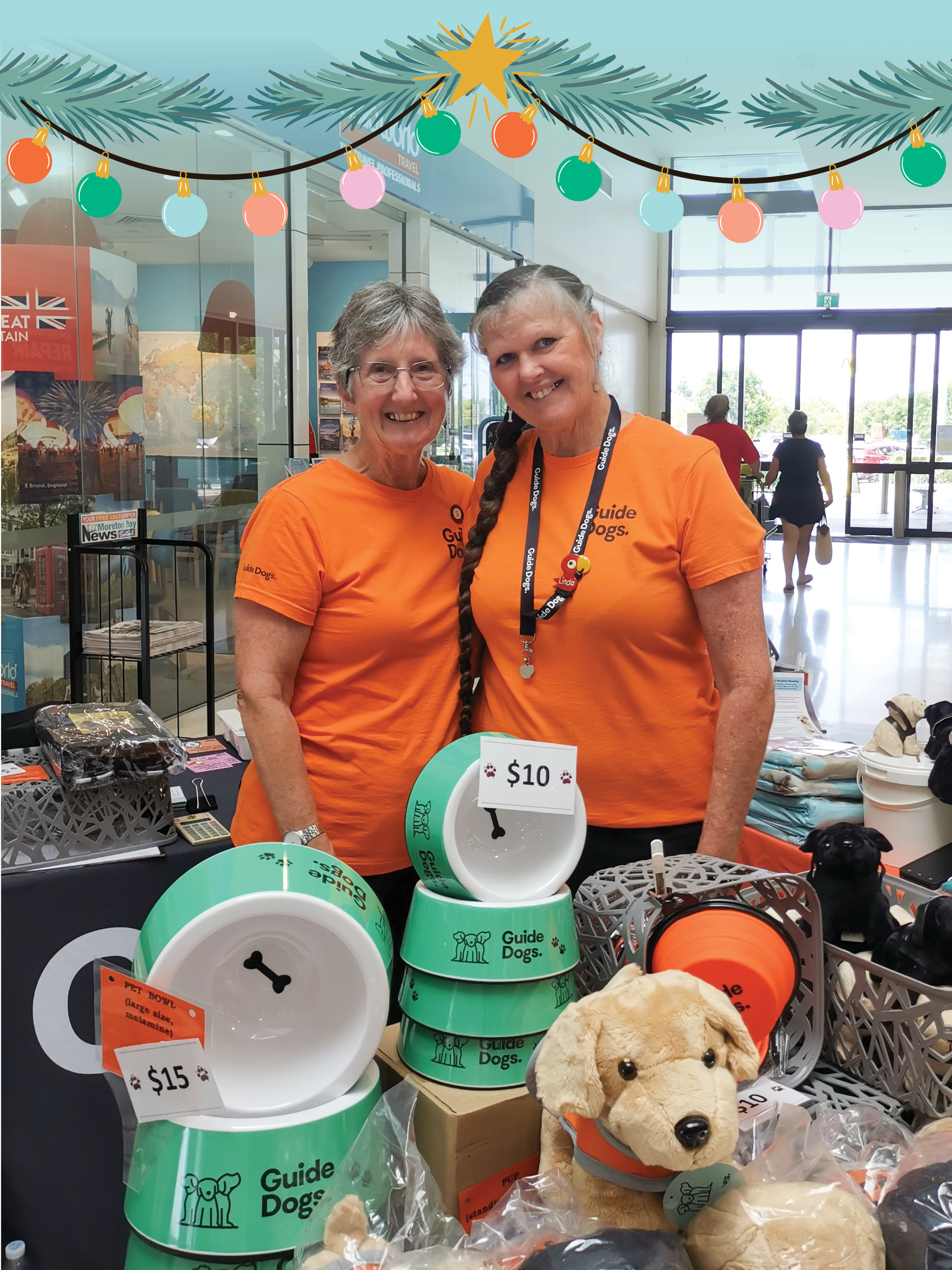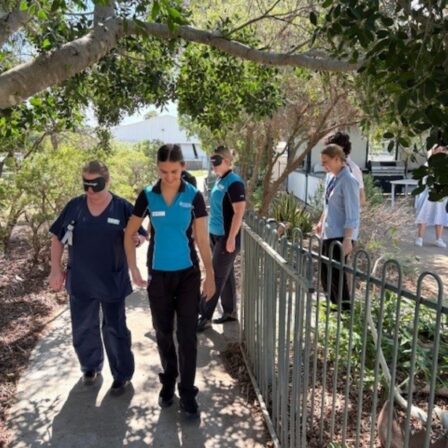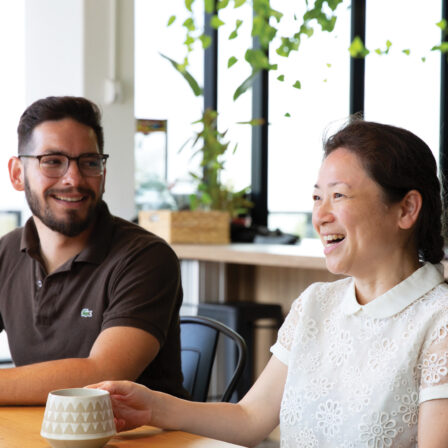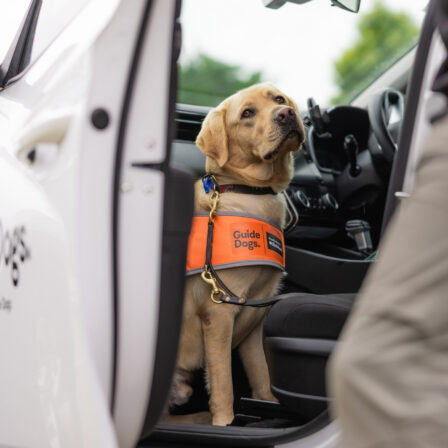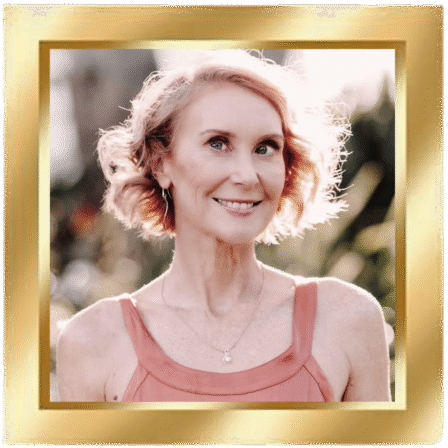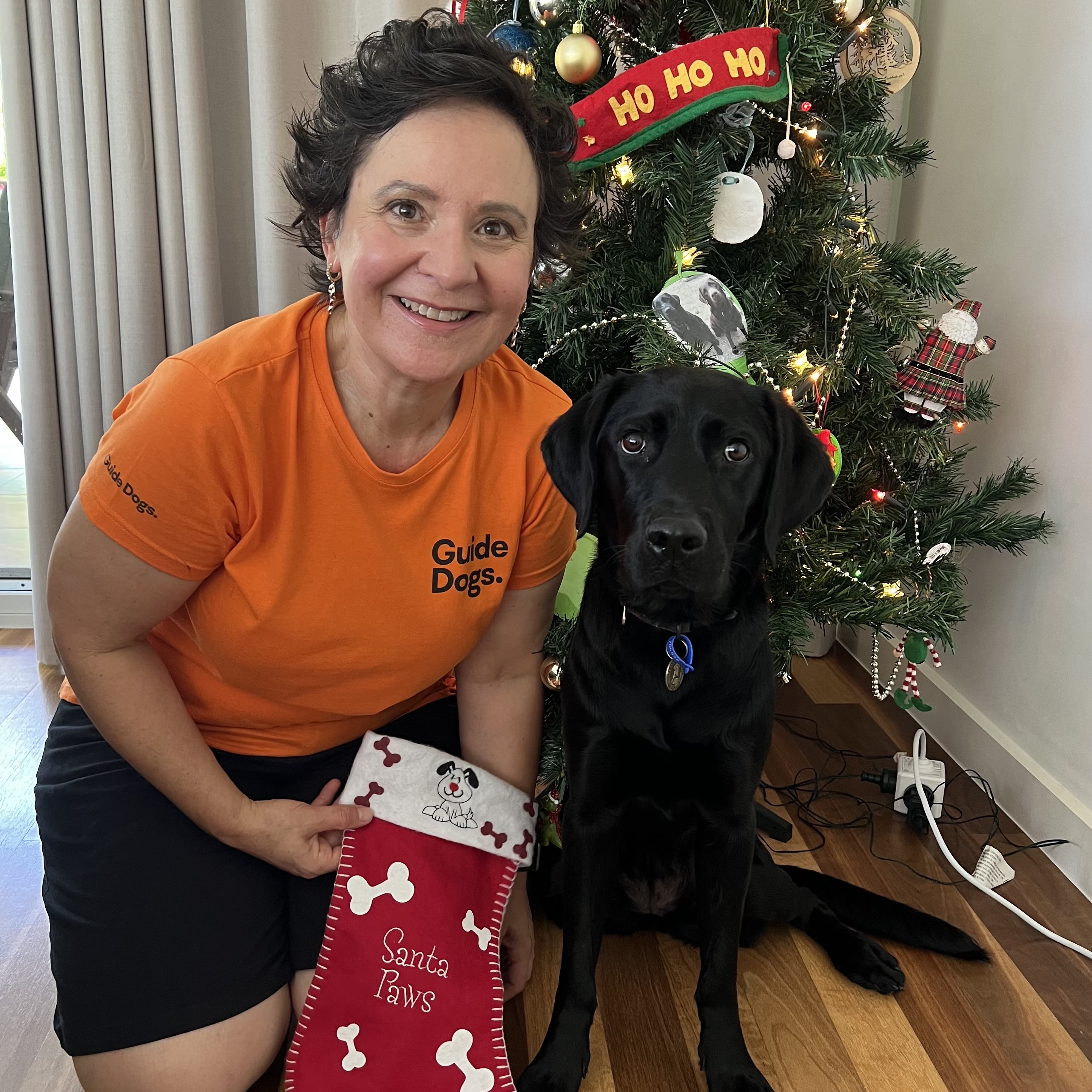News
Self-Care and Well-being: Prioritising Your Health in 2025
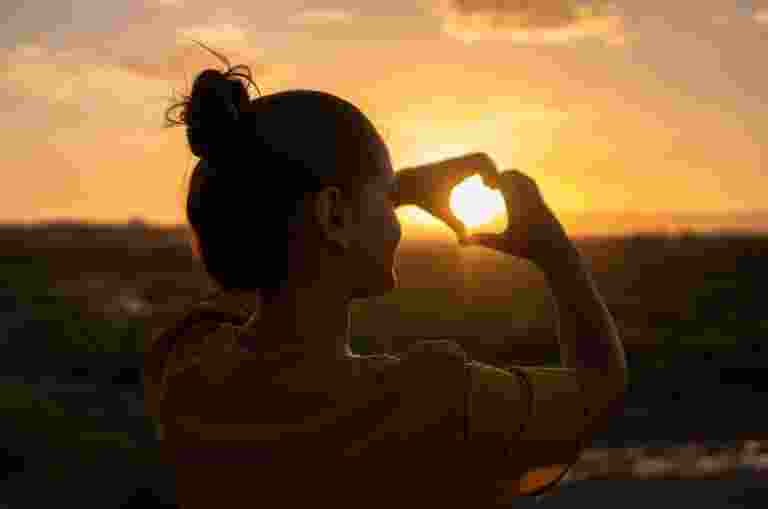
It’s important to remember that caring for ourselves—both mentally and physically—is essential to living a balanced and fulfilling life. For individuals with low vision or blindness, self-care takes on an added layer of consideration, but it’s just as important. By focusing on well-being through accessible and tailored approaches, we can ensure that this year brings not only greater independence but also peace of mind.
At Guide Dogs Queensland, we understand that self-care is not a one-size-fits-all journey. It’s about finding what works for you—whether it’s practicing mindfulness, nurturing your body through movement, or fostering a strong sense of connection. Here are some simple, practical self-care tips that can help you prioritise your well-being in 2025.
1. Mental Health: Practice Mindfulness and Relaxation
Taking time for mental well-being is crucial, especially when navigating the complexities of everyday life with low vision or blindness. Mindfulness techniques, which focus on being present and aware, can significantly reduce stress and improve your overall mood.
Tips for Mindfulness and Relaxation:
- Meditation Apps: Apps like Calm and Headspace offer audio-guided meditation sessions, helping you reduce anxiety and focus on relaxation. These apps often feature soothing soundscapes and mindfulness exercises, perfect for mental rejuvenation.
- Breathing Exercises: Deep breathing exercises are simple yet effective tools for calming the mind. Apps like Breethe offer guided breathing exercises tailored to your needs, helping you feel more grounded throughout the day.
- Audio Books and Podcasts: Listening to an engaging book or podcast can provide both relaxation and entertainment. Whether it’s fiction, self-improvement, or informative podcasts, these can offer an enjoyable way to unwind while enhancing your knowledge.
2. Physical Health: Stay Active with Accessible Fitness
Physical health is an essential component of self-care. Even with low vision or blindness, there are numerous accessible options for staying physically active. Regular movement not only keeps the body strong but also supports mental health by releasing endorphins.
Accessible Fitness Ideas:
- Audio-guided Workouts: Fitness apps like Aaptiv and Fitness Blender offer audio-guided routines that you can follow from the comfort of your home. Whether you prefer yoga, stretching, or strength training, these apps can help you create a routine that fits your needs.
- Walking or Running with a Guide Dog: For those with Guide Dogs, outdoor activities like walking or running are great ways to get fresh air and exercise. Your Guide Dog can help you safely navigate routes while you focus on staying active.
- Accessible Group Fitness Classes: Some local community centers or online platforms offer fitness classes tailored to individuals with low vision or blindness. Look for yoga, dance, or even walking groups designed for accessibility, where instructors provide audio cues and hands-on support.
3. Nutrition: Fuel Your Body
Good nutrition is a cornerstone of both mental and physical health. For individuals with low vision, there are many ways to make healthy eating easier and more accessible, from meal planning to food preparation.
Practical Tips for Healthy Eating:
- Meal Planning Apps: Apps like Mealime or Yummly provide recipe suggestions that can be tailored to your dietary preferences. These apps are often compatible with screen readers, making meal planning more accessible.
- Pre-prepared Meals and Grocery Delivery: Consider ordering pre-prepared meals or using grocery delivery services that offer easy-to-navigate shopping experiences. Some services even have accessible apps designed for people with low vision or blindness, making it easier to choose healthy foods.
- Incorporate Fresh Foods: If you enjoy cooking, try to include fresh fruits and vegetables in your meals. Many markets and grocery stores offer tactile labels, Braille, or accessible online shopping options to help you choose healthy ingredients.
4. Social Connections: Stay Engaged and Supported
Maintaining social relationships is essential for emotional well-being. Loneliness can negatively impact both mental and physical health, so staying connected with family, friends, and support groups is an important form of self-care.
Ways to Stay Socially Active:
- Virtual Support Groups: Join online communities where you can share experiences, ask questions, and connect with others facing similar challenges.
- Phone Calls and Video Chats: Stay connected with loved ones through regular phone calls or video chats. If you use a smartphone or tablet, accessibility features like voice commands or screen readers can help you communicate with ease.
- In-person Gatherings: Look for local meetups or social events in your community designed for individuals with low vision or blindness. Many organisations offer social outings, group activities, or fitness classes where you can meet new people and form lasting relationships.
- Lifestyle and Leisure Classes: For those who are located in Brisbane, we offer Lifestyle and Leisure classes onsite at Bald Hills every week. Take a look at our time table for next month here.
5. Sleep: Rest Is Key
Sleep plays a crucial role in maintaining both physical and mental health. Ensuring you get enough rest is an important part of self-care, as it affects everything from mood and energy levels to cognitive function and immune health.
Tips for Better Sleep:
- Establish a Sleep Routine: Try to go to bed and wake up at the same time each day to regulate your body’s internal clock. A consistent sleep schedule can improve your overall sleep quality.
- Create a Relaxing Environment: Make your bedroom a calming space by eliminating noise or distractions. Use a white noise machine or calming music through an app like Calm to help you unwind.
- Limit Screen Time: Avoid screen time for at least an hour before bed, as the blue light emitted from devices can interfere with sleep. Consider using devices with screen readers or setting up voice commands if you need to manage tasks before bed.
6. Emotional Health: Practice Self-Compassion
Taking care of your emotional health is equally as important as physical health. Embrace self-compassion and give yourself grace when things don’t go as planned. Mental resilience is built over time, and acknowledging your feelings without judgment is key to emotional well-being.
Self-Compassion Tips:
- Positive Affirmations: Start each day with positive affirmations to set a positive tone. Repeat statements like “I am capable” or “I am enough” to remind yourself of your strength.
- Journaling: Keep a journal to process your thoughts, feelings, and experiences. There are many accessible journaling apps, like Day One or Journey, that can be used with screen readers.
- Talk to a Professional: If you’re feeling overwhelmed, consider speaking with a mental health professional. Many counsellors offer virtual appointments, making it easier to access support from home.
Final Thoughts
Self-care is about taking the time to nurture your mind, body, and soul. For individuals with low vision or blindness, it’s important to tailor your self-care practices to your needs and preferences. Whether through accessible fitness routines, nourishing food, or maintaining social connections, small steps can lead to big improvements in overall well-being.
At Guide Dogs Queensland, we are here to support you in prioritising your health in 2025. Embrace self-care, stay connected, and make this year a time to focus on your holistic well-being.

